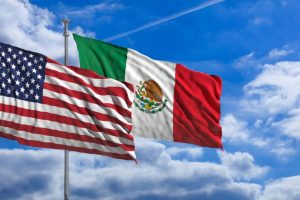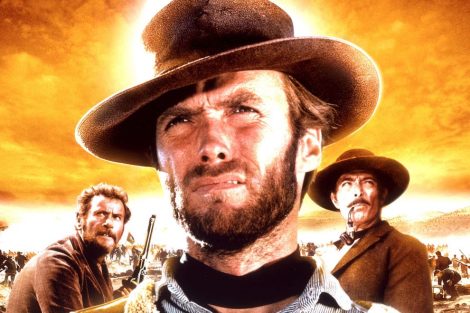The underlying hypothesis of this column is that, as the Chinese curse says, we had to live in a historical moment of convulsions and transformations. A kind of pre-war period. We are witnessing an era of extreme economic inequity, widespread social tension, depredation of nature and politics hijacked by post-truths. Hence the “interesting times.”
Surely there will be those who think that it is a matter of coincidence: The probable return of Trump to the White House, the neo-fascist fury of a Bolsonaro who was able to tie with Lula, the secular fundamentalism of Recep Tayyip Erdogan in Turkey, the bloody hands of the Saudi prince Mohammed bin Salman Al Sauda, known worldwide as MBS, Putin’s tsarist regression, Xi Jinping’s imperial capitalism and Giorgia Meloni’s neo-fascism in Italy. Or, the crude dictatorship of Daniel Ortega in Nicaragua, the disaster of Nicolás Maduro in Venezuela… Not to mention the “tropical messiah” of Macuspana.
Certainly the problem is not a single country. The rise to power of authoritarian and, to a certain extent, charismatic figures is an almost natural consequence of widespread social disenchantment with the previous dominant model, the magnitude of ecocide, and other factors. Capable of taking advantage of the emergence of new communications technologies, these “giants” try to sell themselves as the modern version of the great leaders of the past.
It is not about pining for the return to leadership typical of the “neoliberal” period of the last 40 years, that is, that kind of managers who sang odes to “savage capitalism” and allowed themselves to be smeared with the corruption that fertilized growth of the new economic empires. But neither should we be satisfied with the new version of populist leaders who resort to extreme nationalism, xenophobia and racism to recycle formulas dangerously similar to those of the great autocrats of the last century.
The very erosion of the democratic promises that, together with the economic opening in most countries, defined the world scene after the Second War, have generated the growing winds of polarization that prevent us from recognizing the real advances of the last century. For example: a remarkable economic growth in almost the entire planet and an increase, of decades, in the life expectancy of the vast majority of the population.
Surely this is the worst time to advocate optimistic views or moderate positions, however, perhaps precisely for this reason, they are more necessary than ever.
Neither corrupt nor crusaders. The enormous problems of today should force us to explore paths other than the old fascist, revolutionary or any extreme radicalism routes. The very fragility of democratic institutions should serve as a warning not to confuse the understandable thirst for power of a small group, with the true “popular will.”
I insist: the phenomenon is not from a single country. The new strong men from a good number of countries have been able to take advantage of these troubled times. Reduced to a kind of media spectacle, politics is the art of manipulating the emotions of the majority. The eternal formula of bread and circuses, but now through a new digital Colosseum. And that we are barely knowing the enormous potential to deceive and lie on a global scale of the Deep Fakes, the Generative AI and the “blessed networks”.











